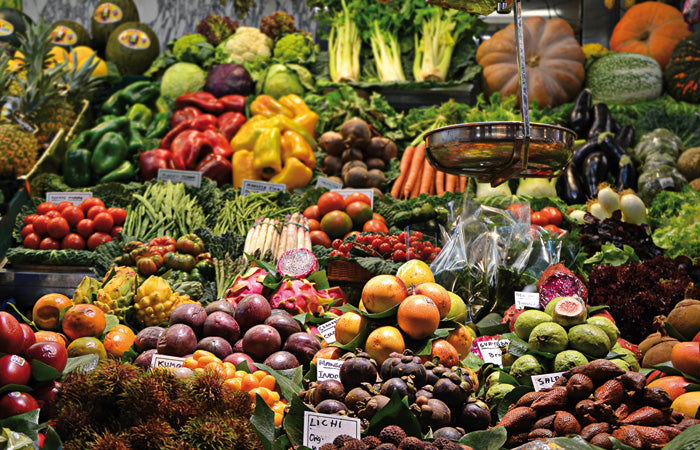Proteins are necessary for critical processes such as immune function, cellular processes, cell structure, maintenance and growth of muscle mass, and many others. It is essential to consume enough protein on a daily basis.
Proteins can be obtained from many food sources, both plant and animal.
Proteins are composed of amino acids. The human body uses around 20 different amino acids to build proteins. The body can make some amino acids on its own, but you must get nine of them, known as essential amino acids, through your diet.
In general, animal proteins are complete, as they contain all nine essential amino acids.
While some plant proteins (soy, chia, spirulina, hemp, some vegetables, nuts, …) are also complete protein sources, many other plant foods are considered incomplete proteins. That is why people who follow a vegetarian or vegan diet consume different sources of vegetable proteins, thus ensuring that they obtain all the essential amino acids.
Diets rich in plant proteins are linked to many benefits. They have been associated in several studies, compared with diets rich in animal protein, to benefit blood sugar control, reductions in blood pressure, lower body weight, lower cholesterol levels, lower risk of cardiovascular accident, lower risk of developing type 2 diabetes, or even lower risk of cancer.
With this we do not mean that the consumption of all animal protein is negative, since the consumption of animal protein is also associated with some health benefits. While it is true that raw and processed red meat have been associated with increased disease risk, other animal proteins such as fish, eggs, and poultry have not been linked to negative health outcomes. Another issue is environmental criteria, animal abuse or fattening and production processes.
It is advisable to follow a variable and balanced diet, as well as a healthy lifestyle that must include daily physical activity.

